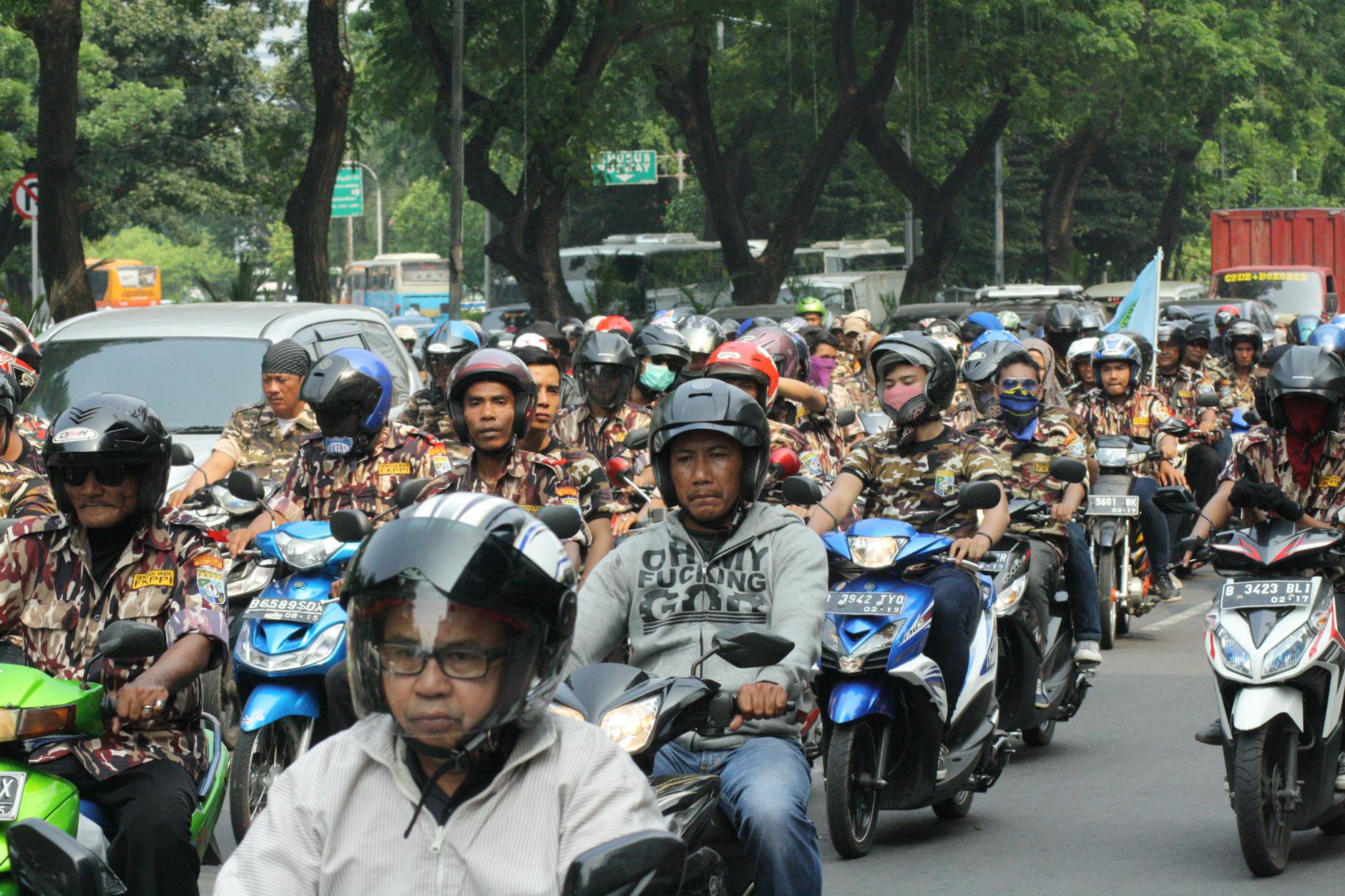The General's Last Stand: Prabowo Subianto, A Man of Contradictions, Wins Indonesia's Presidency

He is a man of jarring contradictions. One moment, he is the stern, fiery nationalist, a former special forces commander with a past shadowed by allegations of human rights abuses from the Suharto dictatorship. The next, he is a pudgy, grandfatherly figure, performing a clumsy but endearing dance for millions of young followers on TikTok. This is Prabowo Subianto, and on February 14, the people of Indonesia decided this complex and controversial figure would be their next president.
In a single-day election of mind-boggling scale—across 17,000 islands and three time zones—Prabowo claimed a resounding victory. Preliminary counts, which have proven highly reliable in the past, show him securing a commanding 58% of the vote, enough to avoid a runoff and claim a powerful mandate. His victory is the culmination of a decades-long, often bitter, quest for power. It is also a testament to one of the most remarkable political reinventions in recent memory.
But this was not Prabowo’s victory alone. It was engineered, in large part, by the man who twice defeated him at the ballot box: the outgoing and still wildly popular president, Joko "Jokowi" Widodo. Though constitutionally barred from running again, Jokowi’s presence was felt everywhere. His implicit endorsement of his former rival was the election's defining narrative, a move that baffled his own party and alarmed democracy advocates.
The alliance was sealed with a move of audacious nepotism. Prabowo’s running mate was Jokowi’s 36-year-old son, Gibran Rakabuming Raka. His candidacy was only made possible by a controversial, last-minute constitutional court ruling that carved out an exception to the age requirement—a decision made by a court led by Jokowi’s own brother-in-law. To critics, it felt less like statecraft and more like the founding of a dynasty, a dagger in the heart of the Reformasi movement that had freed Indonesia from authoritarianism just a generation ago.
For this campaign, Prabowo underwent a startling transformation. The fierce orator of past elections, who railed against foreign influence and democratic institutions, was replaced by a cuddly, avuncular persona. He embraced the nickname "Gemoy" (cute and chubby) and made his awkward dance a viral sensation. This rebranding, combined with a promise to simply continue Jokowi’s popular economic policies, proved to be an unbeatable formula. He vowed to keep building the roads, dams, and airports that have been the hallmark of Jokowi’s tenure, and to see through the hugely ambitious, multi-billion-dollar project of moving the capital from sinking Jakarta to a new city, Nusantara, in the Borneo jungle.
His rivals, the former Jakarta governor Anies Baswedan and the ruling party’s Ganjar Pranowo, never stood a chance. Anies, who positioned himself as the voice of change and democratic principle, captured a respectable 25%. Ganjar, who was supposed to be Jokowi’s heir apparent, was left high and dry by the president’s pivot, watching his support collapse to a mere 17%.
Now, as Indonesia prepares for a Prabowo presidency, the nation and the world are left to wonder which version will govern. Will it be the pragmatic statesman, committed to continuing Jokowi’s pro-growth, pro-investment agenda? Or will it be the strongman of old, a man with deep ties to the military establishment and a documented disdain for the messiness of democracy?
The concerns are real. Human rights groups have not forgotten his past, particularly his alleged role in the abduction of pro-democracy activists in the final, chaotic days of the Suharto regime. His rise to power alongside the president's son has already demonstrated a willingness to bend institutions to his political will. Activists and journalists are bracing for a potential era of democratic backsliding, where criticism of the government is less tolerated and the military plays a more prominent role in civilian affairs.
Internationally, Prabowo is expected to maintain Indonesia's fiercely independent "free and active" foreign policy, skillfully balancing relations between the United States and China. As Defense Minister, he has been a pragmatist, modernizing the military and striking deals with a host of Western nations. Yet his nationalist instincts are strong, and he could take a more assertive stance on issues like the South China Sea and the protection of Indonesia's vast natural resources.
Indonesian voters, when faced with a choice, opted for the promise of stability and continuity. They chose the man backed by a popular president over warnings about democratic erosion. Now, the great question is whether the "Gemoy" grandfather was just a mask for the campaign trail, and whether the general underneath will lead Southeast Asia’s largest democracy down a darker, more authoritarian path.
